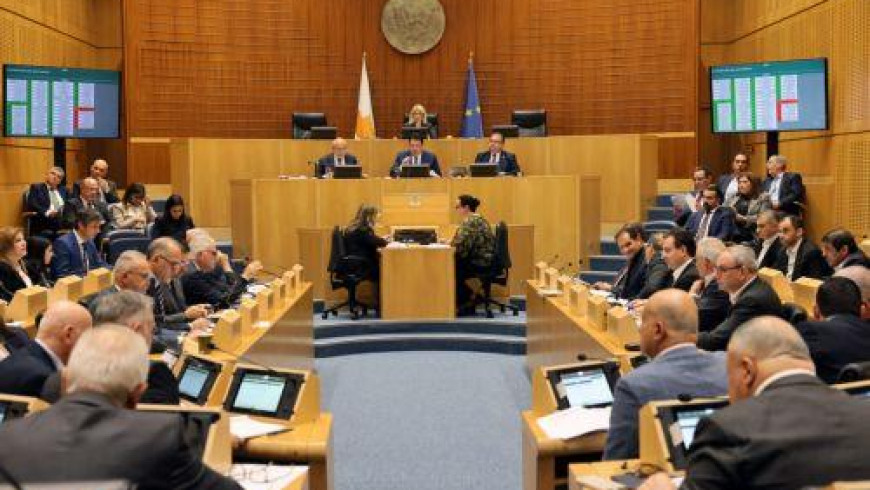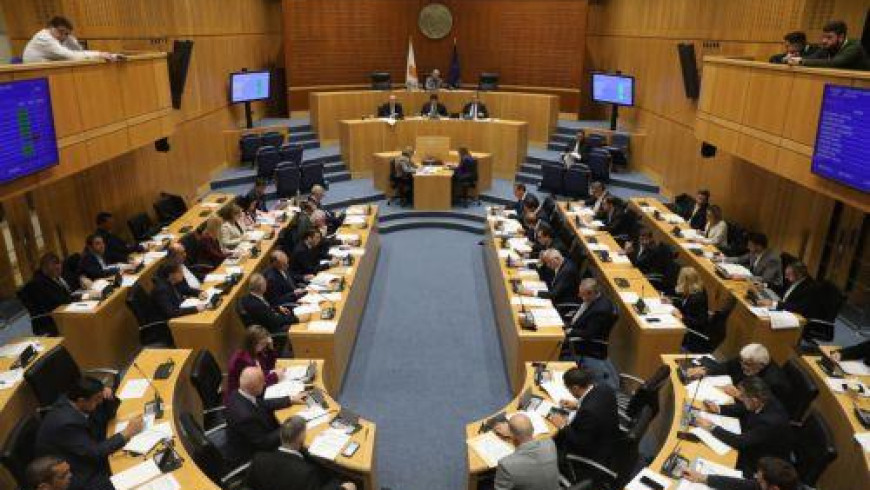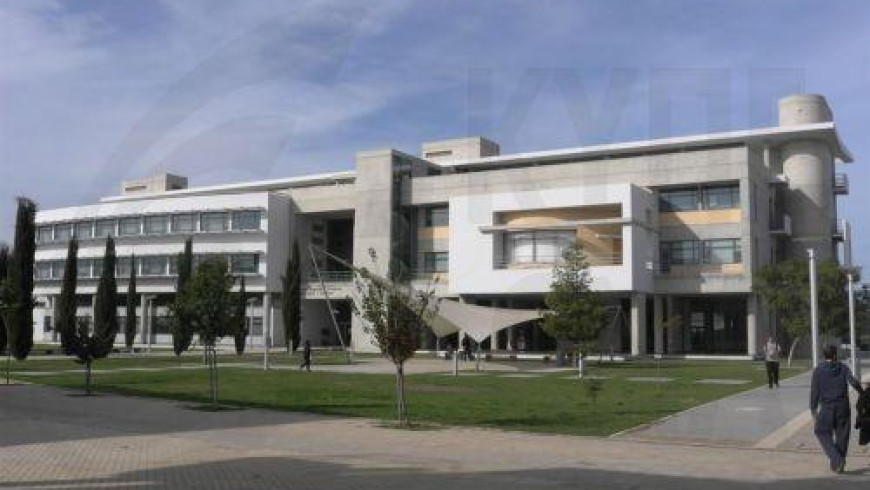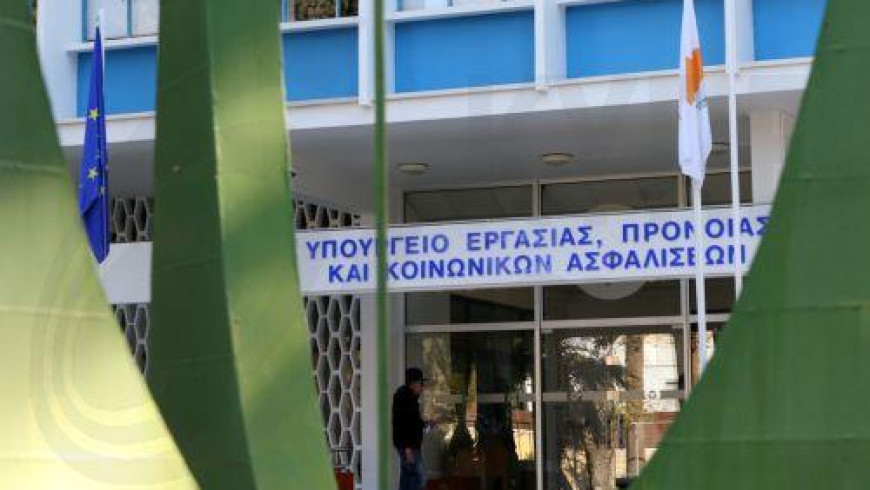
A new rejection of the 2021 state budget could lead Cyprus to default on its payments, Minister of Finance Costantinos Petrides warned on Friday, stressing that without fiscal support to businesses and self-employed to face the difficulties due to the Covid-19 pandemic “we could be mourning on scorched earth.”
Petrides who briefed he parliamentary committee of Finance and Budgetary Affairs on the revised state budget said a new rejection “surely will lead Cyprus into adventures.”
“We will not be able to borrow from the markets, as we were planning to do in the coming period, we will not be able to support businesses and our investment grade will be threatened,” he said in statements to the press following the meeting.
Petrides told MPs that Cyprus needs to refinance maturing debt which amounts to some billions pointing out that a problem will arise in case Cyprus loses its market access.
“If we don’t have the capacity to borrow, we may end up defaulting. We secured liquidity in March and April (of 2020) but this liquidity should be replenished,” he said.
“Apart from the fact that we will not able to provide money (to support the economy) we may be mourning on scorched earth as we are in the eleventh month of the pandemic and the resilience of the private economy has reached its lowest point,” he stressed.
For the first time in Cyprus’ history, the state budget was rejected in December 2020 by parliament and the state is operating as the parliament with a resolution authorised the funds necessary for January while it has the statutory authority to authorise funds for an additional month.
Presenting the revised budget, Petrides said the government incorporated 26 of the 37 amendments the parties approved on the initial bill, while the revised budget provides for increased expenditure amounting to €339.9 million, of which €220 million are associated with the pandemic.
He also said the government incorporated to the revised budget bill policies issues such as public consultation concerning minimum wage, retirement at 63 for some professional groups without a 12% penalty after an actuarial study to secure sustainability of the Social Insurance Fund and the support of mortgage borrowers who are not deemed eligible for support by the ESTIA scheme.
The vote on the revised budget is scheduled for next Thursday, January 21.














 3287.99
3287.99 1275.09
1275.09
